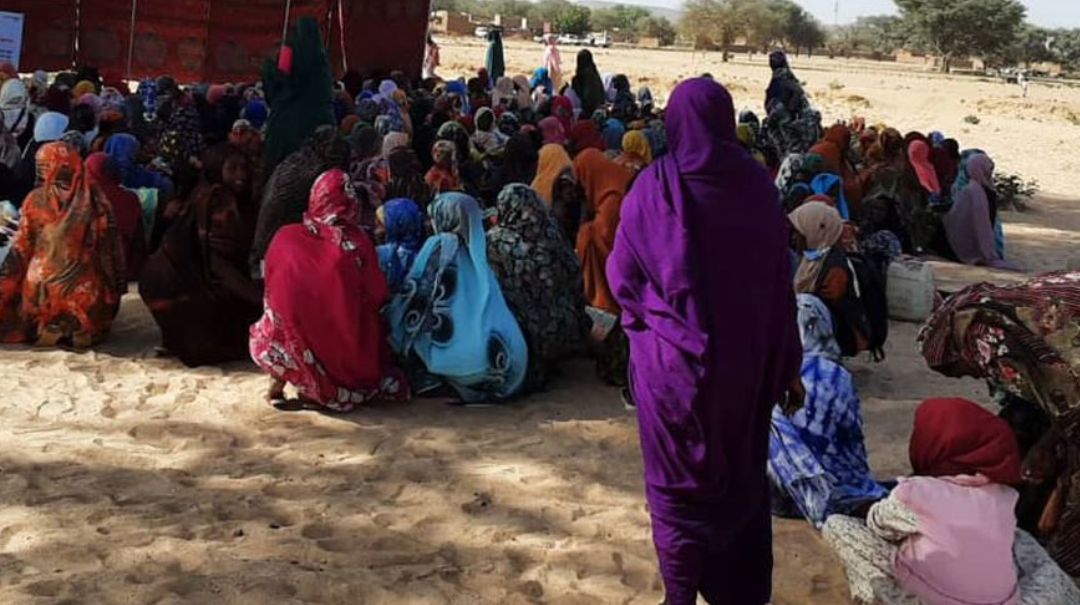In the so-called ‘forgotten war’ in Sudan over 14,000 civilians have been killed since its onset a year ago. In what the United Nations describes as a crisis of epic proportions, there are reports of widespread atrocities, including the use of sexual violence as a weapon of war, the recruitment of children by the warring factions and of extensive use of torture and prolonged arbitrary detention by both parties. As the humanitarian emergency unfolds, Sudan’s plight has been eclipsed in the western media by conflicts in Ukraine and Gaza.
Fighting in Khartoum, the Sudanese capital, began on the 15th of April 2023 in an intensifying power struggle between two military factions. On one side are the Sudanese Armed Forces (SAF), loyal to Gen. Abdel Fattah al-Burhan, the country’s de facto leader. On the other, supporting former warlord, Gen Mohamed Hamdan Dagalo, known as Hemedti, are the Rapid Support Forces (RSF).
The RSF was founded by the former authoritarian ruler Omar al-Bashir as an Arab counterinsurgency militia to suppress a rebellion in Darfur that began over 20 years ago due to the political and economic marginalisation of the local population. Originally known as the Janjaweed, the RSF quickly became synonymous with widespread atrocities, including genocide.
Hemedti’s current power struggle with Burhan began in 2019 when the SAF and RSF formed an uneasy alliance to topple President al Bashir after months of popular protests. Attempts to transition to a democratic civilian-led government in 2021 faltered, and a clash between Burhan and Hemedti became inevitable as both sides competed for power.
Since the conflict began, tens of thousands of civilians have been wounded, while half the country’s population – 25 million people – need urgent humanitarian support. The conflict has forced more than 8.6 million people to flee their homes, including nearly 2 million refugees into neighbouring countries creating one of the largest humanitarian crises in the world. The war has also reignited targeting of ethnic African civilians in Darfur by the Arab-dominated RSF.
External actors including Russia, Egypt, Iran, Saudi Arabia, UAE and even Ukraine have turned the conflict into what has been labelled as a ‘blood soaked playground’ for regional and international powers who are backing the warring sides. Geopolitically, Sudan is located on the Red Sea, therefore, any hopes for stability would be further jeopardised if the nation descends into a failed state.
This means that it is essential for the violence to stop now and is why the UN is urging the international community to intensify its efforts. Healthcare has collapsed as 80 per cent of hospitals have been forced to shut. This breakdown means officials have very little idea how many people are dying in the conflict. The path to rebuilding the nation will be long and fraught but it must begin.
The ‘oxygen of diplomacy’ (as one former diplomat put it) has been consumed by Gaza and Ukraine. This matters because western donors tend to be compelled by mass media coverage, which mobilises public opinion and forces policy changes. The extent and scale of human suffering in the ‘forgotten war’ and its geopolitical implications are far from insignificant. Famine is looming for 18 million people, while the influx of millions of refugees into neighbouring Chad, South Sudan and Egypt contribute to the destabilisation of the Horn of Africa. A multilateral humanitarian response from the international community is needed urgently. While there is no shortage of humanitarian crises in the world right now, this one has received far less attention than it deserves. Now is the time for action. The people of Sudan cannot wait. Millions of lives depend on it!

